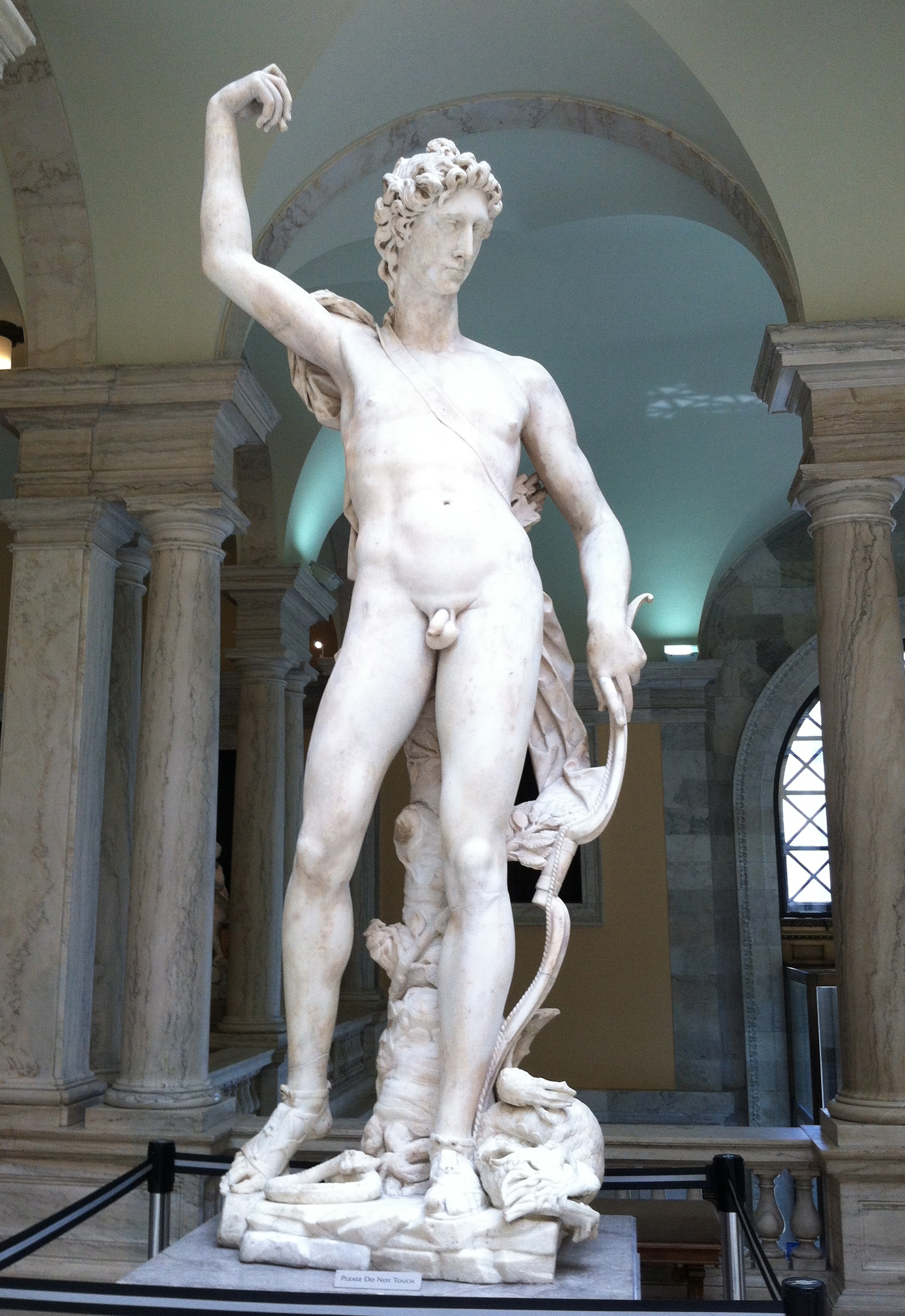Amanda Rush
My review of Twenty Sixteen, the new theme from the WordPress team. Learn about its features, its pros and cons and who it's best suited for.
Thank You, Louis Braille
I’ve been a braille reader since about the age of five, and shortly after that, a braille writer. Braille was how I and my fellow students in the classes composed only of blind children I attended in my early school years learned to read, write, spell, and do math. I still enjoy reading braille whenever I can, using a braille display, and I honestly can’t conceive of my life without it. Braille has enabled me to contribute to the world around me, as well as cook, write code, and read for pleasure. Braille has made it possible for me to more concretely retain knowledge. I can learn by listening to either a screen reader or to an audio book, but there’s nothing quite like reading and then digesting as opposed to a near constant stream of spoken words that are coming in while the last ones I may have heard are still in the process of being internalized.
Several of the things I am sentimentally attached to involve braille: The box of birthday cards from my grandma which all have their messages in braille; the little porcelain shoes I received as a gift from Rian Rietveld at the final WordCamp U.S. with their attached note in braille; the purse charms I bought myself last year from elegant Insights Braille Creations with their embossed braille phrase. For me, nothing preserves memmories quite like braille does.
So, thank you, Louis Braille, for the privilege of being able to read and write, and thereby contribute to my world. Thank you for the enjoyment, and the ability to read when the power’s out, and the ability to capture memories in a way that will outlast almost every form of technology. Thank you for everything.
A Meditation On Arrogance In Tech

Every day, I come across articles in my various news feeds about the latest moral or ethical outrage in tech. They’re usually different kinds of moral or ethical outrages, but I think they all stem from the same root problem: Arrogance on the part of the tech industry. I think, as a general rule, our industry tends to not think about the negative effects the things we create can have on society in general and the lives of individuals in particular. We tend to view the idea of tech taking over everything as a good thing, we assume that whatever we’re creating is part of that goodness, and when someone does bad things with it, we come back with something along the lines of “We can’t control what people do with our stuff.” We pretend that the things we create are neutral and that we as an industry are a shining city on a hill, when really neither of these beliefs are true at all and are prime examples of our telling ourselves what we want to hear and believe instead of acknowledging the realities of the situation: Technology is not neutral, we have a lot of power over society and over individuals thanks to tech being as pervasive as it is and getting more pervasive by the day, and while we can’t prevent every bad actor from using what we create, we could work a lot harder to make it more difficult to do horrible things with our creations. We’re not building neuclear bombs, after all.
If we want to become an industry the public can trust, we need to get our stuff together, and we can start with stripping away the arrogance. I’m thinking of a certain type of founder here, but really, we’re all susceptible to it. It’s really easy to convince ourselves that we’re drowning in awesome sauce, that everything we do has zero ethical problems, but that’s mostly because we generally refuse to consider ethics in tech, and so since we’re not considering it as a discipline, there must not be a problem. But ignoring a problem doesn’t mean it doesn’t exist, and the longer we continue to ignore this as an industry, the worse it’s going to get. And eventually, as people become more technologically literate, they’ll begin to look more closely at what we do outside of code as well as inside it. We cannot continue to freewheel through people’s lives, reduce them to one-dimentional users, and then walk away from the consequences that inevitably result from our actions. None of this is to say that the things we create are evil by default. I still believe that we can do a lot of good in the world. But we need to concentrate on making sure that we’re actually creating things that are beneficial, and guard against our creations being used for evil as extensively as we can. In short, we need to grow up and start demonstrating that we have the capacity to act ethically and responsibly.